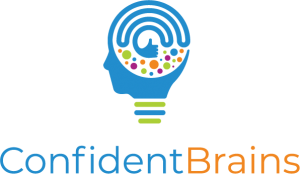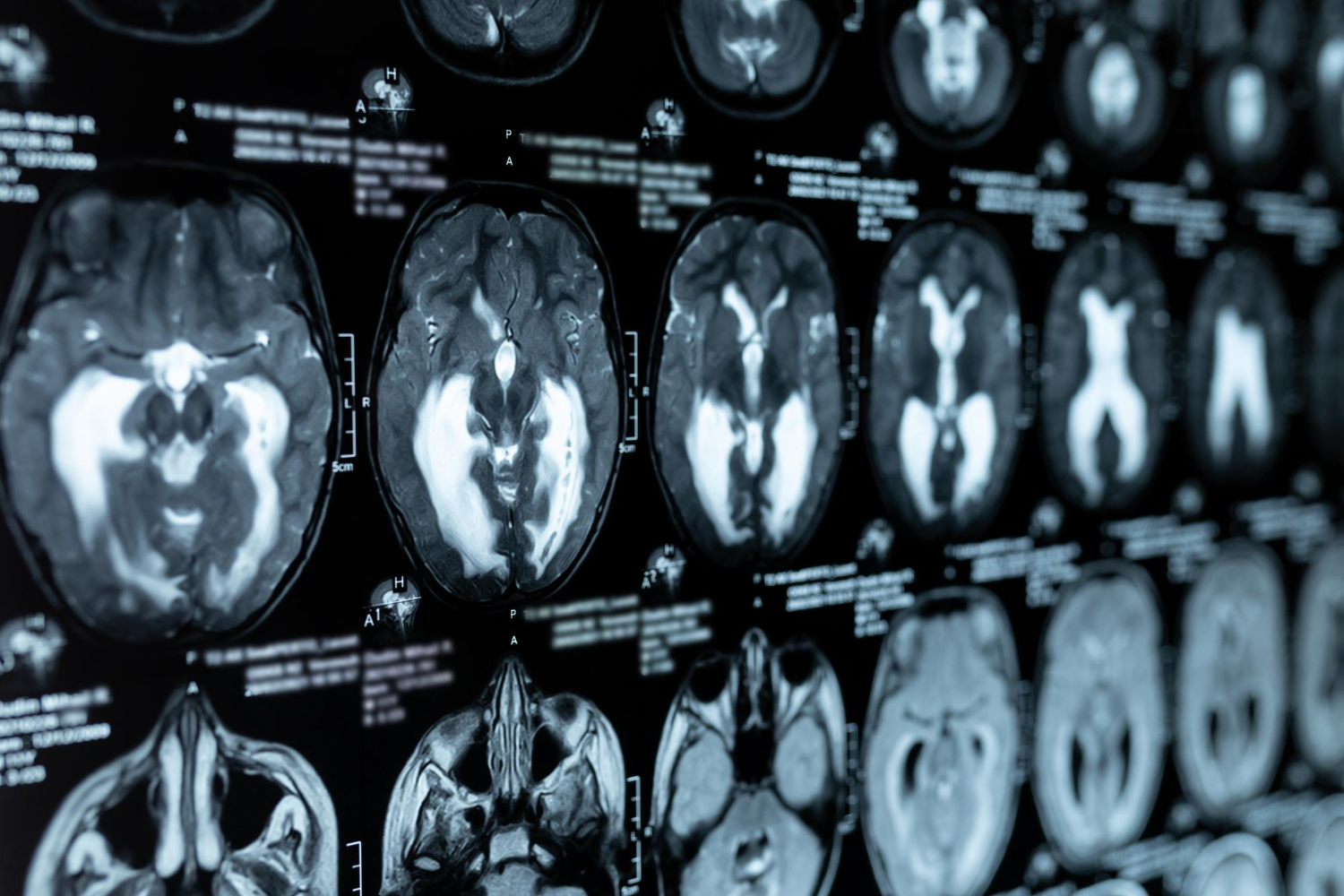There is a lot of buzz in neuroeducation circles these days. In October 2019 a study regarding the Arrowsmith cognitive training program was published in the peer reviewed journal: Learning.
The study is the first publication of fMRI-based studies that have been taking place over the past several years. There are many more studies that are still awaiting publication, but we now have our first official observations of why the Arrowsmith Program has been so effective since its development in the late 1970’s.
The results are very positive and they demonstrate that the Arrowsmith Program can have a profound positive impact on the ability to learn. It confirms what practitioners have known for decades—the Arrowsmith Program can fundamentally improve the ability to learn.
fMRI research confirms the Arrowsmith Program can effectively strengthen weak neurological functions that are thought to underlie diagnosis such as dyslexia, dyscalculia, processing disorders and ADHD. The brain scan studies allow researchers to observe why students who complete the Arrowsmith have such profound life changing experiences.
Decades of Independent Studies
This is the first fMRI-based study to be peer reviewed and published. However, the Arrowsmith Program has a long history of research and independent studies spanning 3 decades. Studies have shown that completing the Arrowsmith Program can increase cognitive abilities by more than 30%. Studies also show that students in the Arrowsmith Program experience a reduction in depression and anxiety, increases in academic and social abilities, and they require little or no learning support after the program is complete.
New Phase of Research
The Arrowsmith Program, based in Canada, has recently announced a global research initiative aimed at taking a deeper look into the program that is available in 100+ schools in 10 countries. This research initiative includes projects in Canada, USA, Spain and Eastern Europe. It is truly an exciting time in the field of neuro-education. Long-held notions that learning disabilities are untreatable are beginning to unravel. As we deepen our understanding of the brain and ideas about neuroscience become more accepted, options for people who suffer from learning disabilities will become even more effective and widely available. A future where specific learning difficulties, such as dyslexia and ADHD, are fully treatable is now on the horizon.

